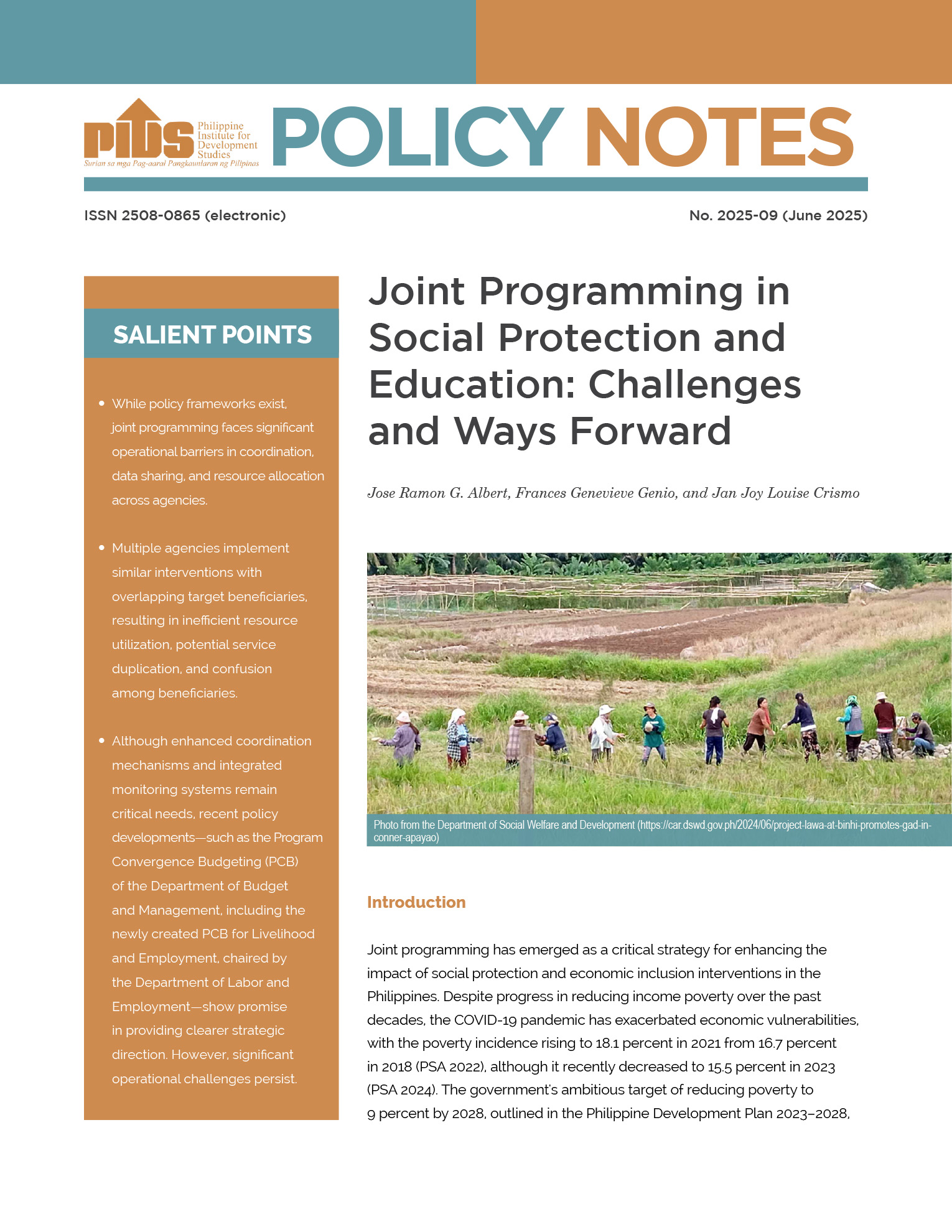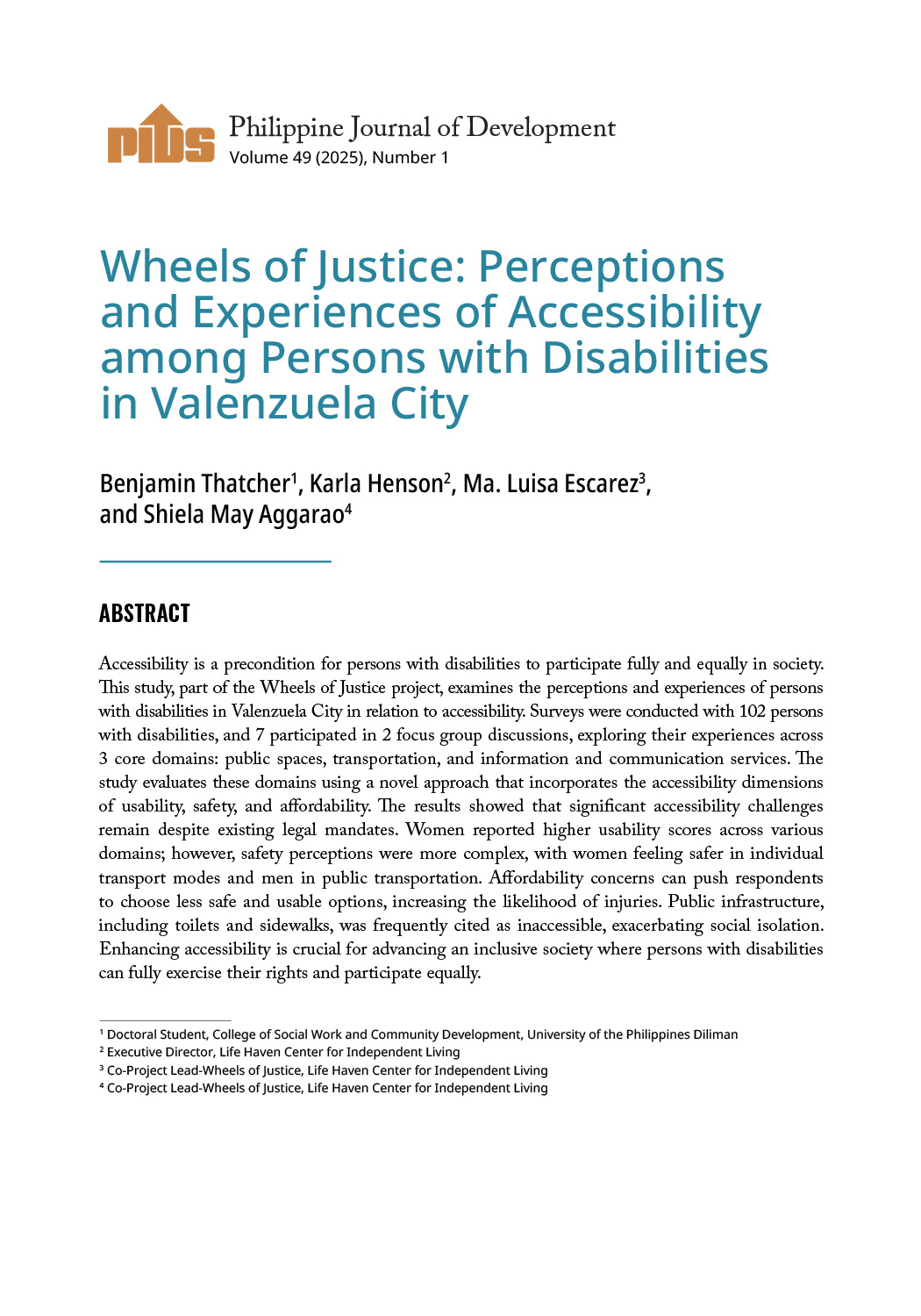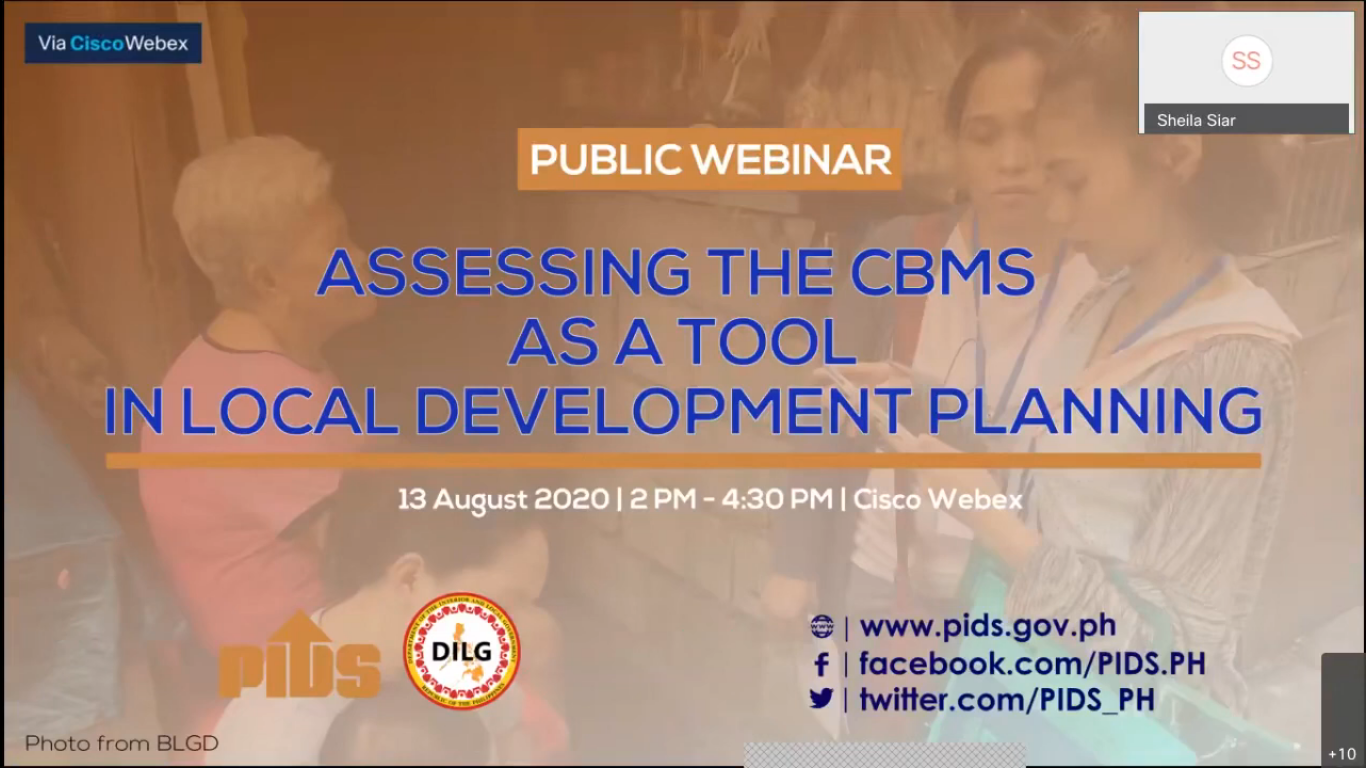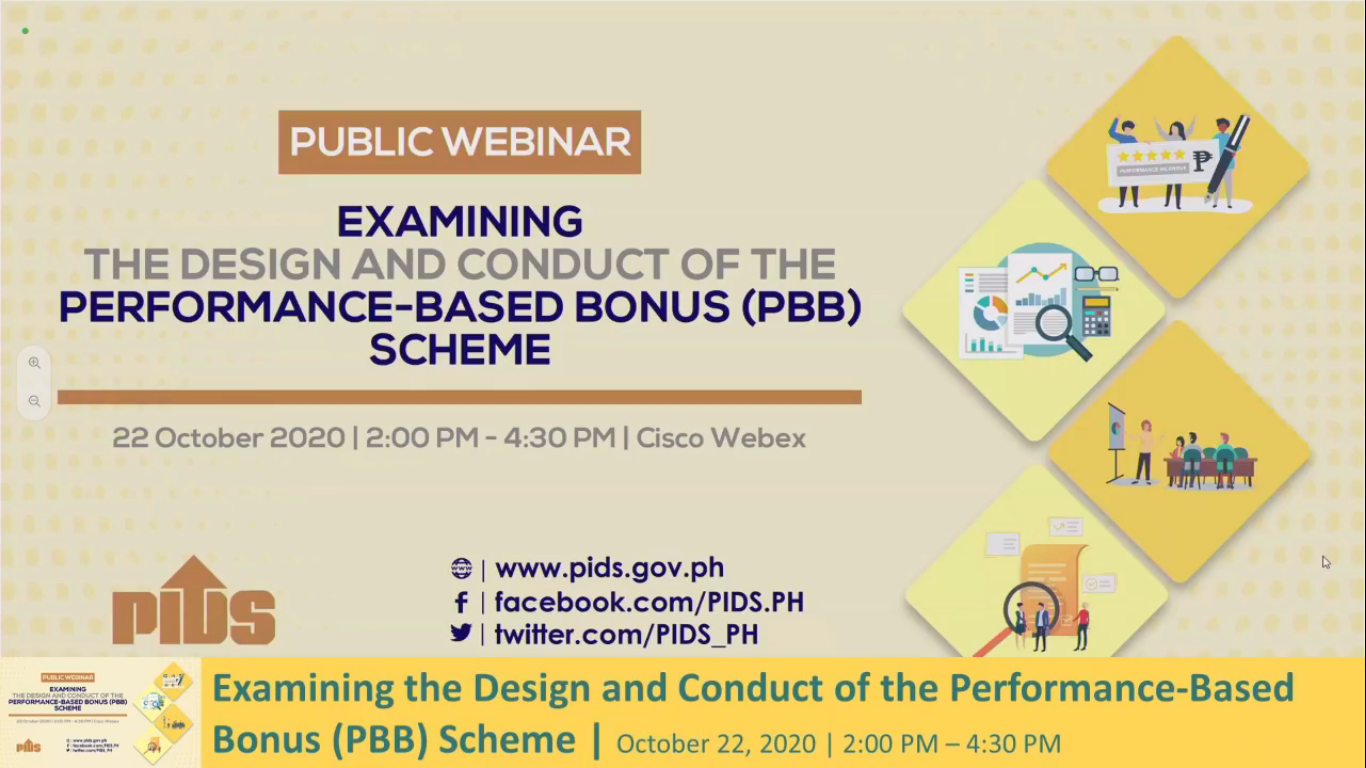The Philippine Statistics Authority (PSA) has allocated half a billion pesos to conduct the 2022 Community-Based Monitoring System (CBMS).
PSA said the P574-million budget will be used to interview a total of 1.087 million households belonging to the sixth and fifth income class cities and municipalities.
This is composed of 856,000 households belonging to fifth and 231,000 households belonging to sixth class cities and municipalities.
“[The] CBMS as defined by the law refers to an organized technology-based system of collecting, processing and validating necessary disaggregated data that may be used for planning, program implementation and impact monitoring at the local level, while empowering communities to participate in the process,” PSA explained.
“It involves the generation of data at the local level which serves as a basis in targeting households in the planning, budgeting and implementation of government programs geared towards poverty alleviation and economic development,” it added.
The bulk of the households will be composed of those living in 283 fifth income class cities and municipalities on September 17 and 18, 2022.
The PSA said the remainder of the households to be interviewed would be from 27 sixth income class cities and municipalities.
The agency added that households from 21 cities and municipalities that have not yet been classified by the Department of Finance (DOF) would be included in the interviews for the CBMS.
The results of the CBMS will be released in April 2023. The data to be collected will include the demographic and socioeconomic characteristics of the population as well as selected household-level and housing characteristics.
The PSA will also collect data on general information about the barangay local government unit (LGU), physical characteristics of the barangay, service institutions, and infrastructures.
The CBMS will also collect data on geo location and general information about service facilities, government projects and natural resources.
“In line with this, the PSA enjoins the public in the selected fifth- and sixth-income class cities and municipalities, and in the cities/municipalities that do not have income classifications yet to support the 2022 CBMS by providing the required information to authorized PSA interviewers who will visit the households to conduct a personal interview,” PSA said.
The CBMS measure, which was passed into law in 2019, will cater to the data support for the multi-dimensional poverty index; Sustainable Development Goal indicators; Community development plans; and local registries.
National Statistician Claire Dennis S. Mapa earlier told the BusinessMirror that the CBMS would capture more non-income indicators of poverty such as health, nutrition, water, sanitation, shelter, education, security and participation, among others.
A team from De La Salle University led by former Philippine Institute for Development Studies President Celia M. Reyes in the early 1990s developed the CBMS. In 1995, the CBMS was used for the Micro Impacts of Macroeconomic Adjustment Policies (MIMAP) Project-Philippines.
The system seeks to provide policy-makers and program implementers with a good information base for tracking the impacts of macroeconomic reforms and various policy shocks.








